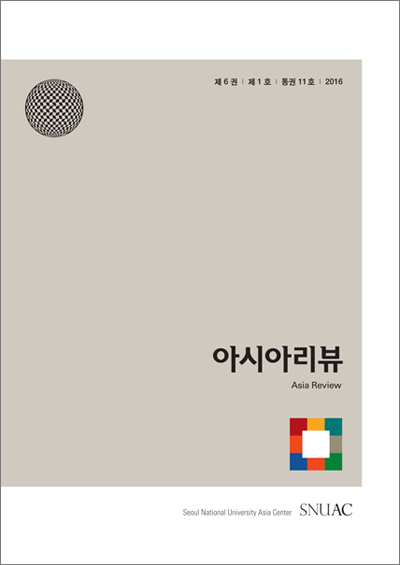The substantial expansion of global capitalism in the post-cold-war context has accompanied the ascent of East Asian economies, while Japan’s experience has been marked by the struggle with economic slump after the collapse of so-called bubble economy. Contrastively Japan’s cultural power has been growing as Japanese media culture has become internationally received favorably, but the advent of capitalism and the expansion of cultural markets have enhanced the production capacity of other Asian countries too and South Korean counterparts even surpass Japan. Accordingly we have observed the intensification of economic and cultural rivalry between Japan, China and South Korea and the rise of interAsian antagonism and othering, joined together with political contestation over historical issues. This paper discuss how, while the activation of regional circulation and consumption of media cultures has considerably advanced East Asian cultural exchange since mid-1990s, the rise of antiChinese and Korean sentiment in Japan, which also generates hate-speech movement against resident Koreans, overwhelm, if not suppress, East Asian cultural exchange. It will be argued that growing East Asian rivalry with the relative decline of Japan, the vague sense of socio-economic frustration and the upsurge of digital media communication have been complicatedly conjoined to engender the attack and hunt of proximate enemies as the object of expression of dislike.
East Asian Rivalry, Digital Media and Proximate Enemies in Japan
저자: Koichi Iwabuchi (Monash University)

